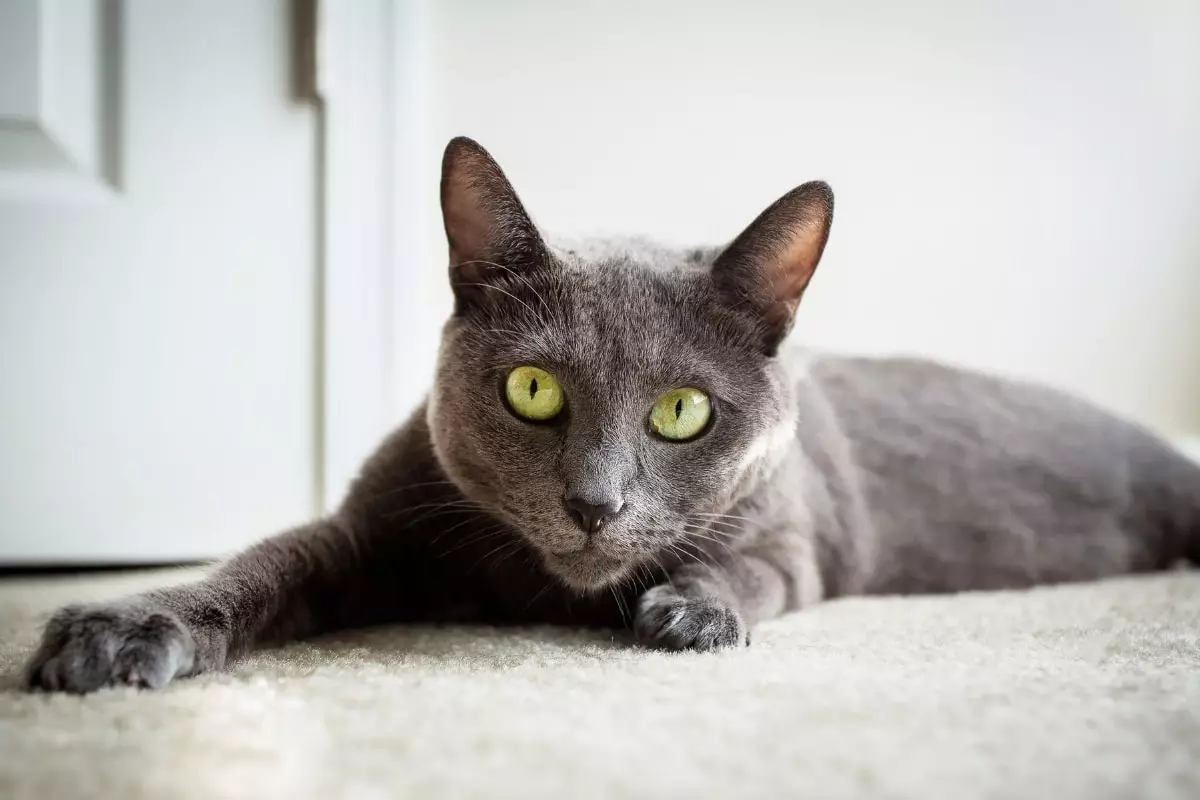Cats have long been cherished companions, not only for their playful antics and charming personalities but also for their subtle roles in supporting our emotional well-being. Beyond the stereotypical view of cats as aloof creatures, many pet owners can attest to the profound comfort and companionship these feline friends offer, especially during turbulent times. Let’s explore the unique ways cats contribute to our emotional health and why they could be seen as our silent therapists.
One of the key attributes of cats that makes them exceptional emotional supporters is their innate ability to sense human emotions. Their silent and calm demeanor invites us to share our lives with them, providing a companionship that often feels deeper than words can express. When we are feeling anxious or stressed, a cat’s ability to quietly sit beside us can serve as a reminder that we are not alone facing our challenges. The mere act of having a furry friend nearby can evoke feelings of safety and reduce anxiety levels. In those still moments, we may find ourselves turning inward, reflecting on our feelings, and gaining a new perspective on our problems.
A Non-Judgmental Listener
Unlike humans, cats offer a non-judgmental ear, allowing us to express our emotions freely. When we vent our frustrations, talk through our worries, or even share our dreams, cats appear to listen intently, their eyes focused on us as though they understand every word. This unspoken support can be incredibly healing, as we often need a safe outlet to express ourselves. Moreover, talking to a pet can be a form of catharsis; it releases pent-up feelings without the fear of being judged, which can be a significant relief in a world where we often feel scrutinized.
Cats possess a natural ability to bring joy through their playful personalities. Engaging in playtime not only provides entertainment but also serves as a distraction from daily stresses. Whether it’s feather toys or laser pointers, the simple act of playing with a cat can lift our spirits and instill a sense of joy. Furthermore, these moments of fun foster bonding, reinforcing the connection between pet and owner. Playtime with a cat can lead to a release of beneficial hormones like serotonin and dopamine, enhancing mood and combatting feelings of sadness.
The simple act of petting a cat can work wonders for emotional healing. As our fingers glide through their soft fur, we release endorphins, the body’s natural stress relievers. The soothing sound of a cat’s purr, often likened to a gentle lullaby, has a calming effect that lowers our heart rate and promotes relaxation. The tactile experience of cuddling with our cats not only eases emotional distress but also fosters a sense of connection and affection. In an increasingly digital world where face-to-face interactions are dwindling, the physical presence of a cat can feel grounding and safe.
Structure and Routine in Uncertain Times
Having a cat in our lives necessitates the development of daily routines, whether it’s feeding, grooming, or simply spending quality time together. This structure can provide stability in our often chaotic lives, reminding us to focus on the present moment. The responsibility that comes with caring for a cat instills a sense of purpose and commitment, which can be particularly beneficial during difficult times. As we nurture our feline friends, we inadvertently foster self-care habits that promote emotional well-being.
Cats are expert observers; they embody a sense of mindfulness that they instinctively share with us. Watching them engage with their surroundings—chasing a sunbeam or stalking a toy—invites us to pause and appreciate the simplicity of the moment. This sense of presence can help us become more aware of our own feelings and thoughts, providing an avenue for self-reflection and growth. Their ability to live in the moment teaches us to slow down and appreciate the little joys of life, countering the often hectic pace of our daily routines.
Interestingly, the emotional nuances of our cats often mirror our own feelings. Their behavior can reflect our emotional states, granting us insights into our internal worlds. For example, if a cat becomes more active when we are feeling energetic or more withdrawn when we are down, it invites us to explore our emotional landscape. Being attentive to our cats—how they react to different environments and emotions—can improve our emotional awareness, helping us grow and learn more about ourselves.
Ultimately, the companionship of a cat goes beyond mere pet ownership; it forms a unique bond that enriches our emotional lives. By providing silent support, encouraging playfulness, and inviting us to be present, cats act as unassuming but vital pillars of our emotional health. Thus, the next time you find your cat curled up next to you or playfully batting at a toy, take a moment to appreciate the myriad ways they enhance your life. Perhaps, in their own special way, they truly are the purrfect therapists we never knew we needed.

